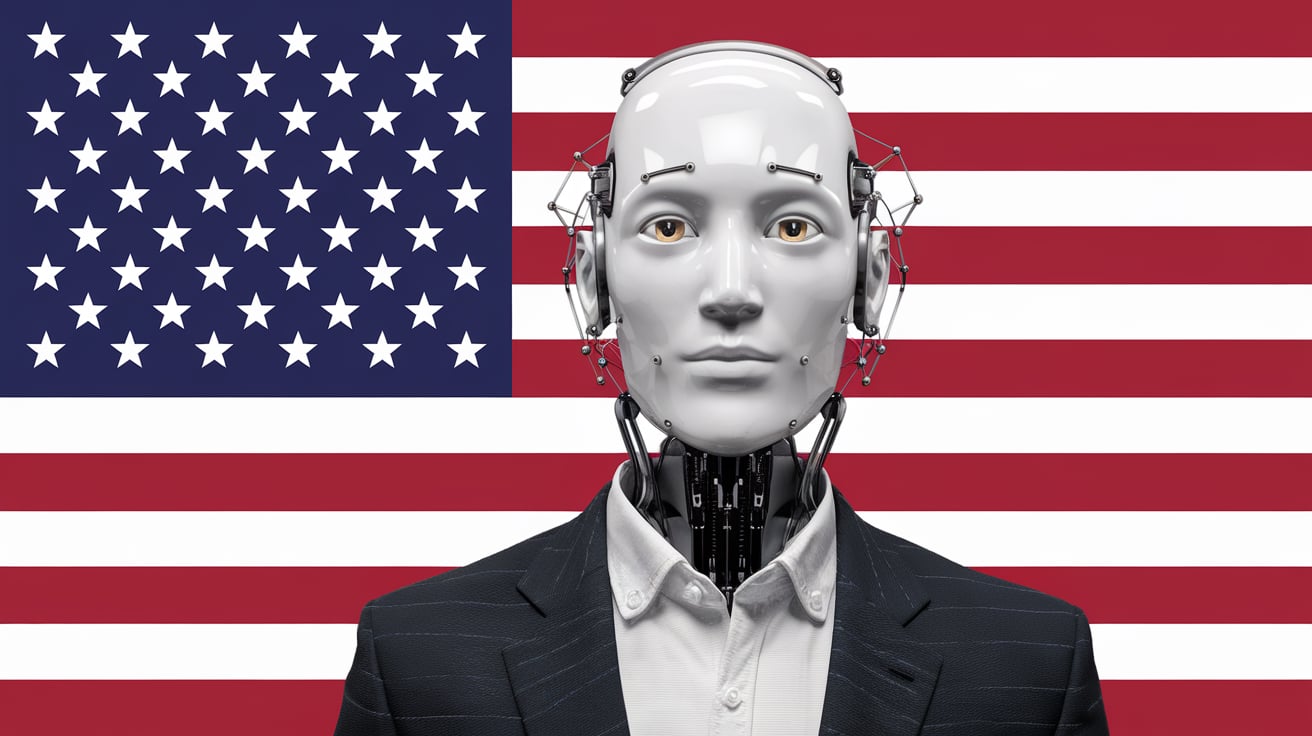
Jim Duggan, a conservative from Huntsville, Alabama, uses ChatGPT regularly for drafting marketing emails in his carbon removal credit business. However, he remains wary of relying on AI for information about upcoming elections. "I just don’t think AI produces truth,” Duggan said in a recent interview. His sentiment is shared by a large portion of Americans, as revealed by a new survey from The Associated Press-NORC Center for Public Affairs Research and USAFacts.
The survey indicates that about two-thirds of U.S. adults lack confidence in the accuracy and reliability of AI-powered chatbots and search results. This skepticism persists despite the increasing use of generative AI technologies in daily life and work environments.
The survey highlights a notable concern: the potential for AI to complicate the search for accurate information about the 2024 presidential election. Approximately 40% of Americans believe that AI will make finding factual election information either "much more difficult" or "somewhat more difficult." In contrast, 16% feel that AI will make it easier to find accurate information, while the remaining 40% are uncertain.
This skepticism extends to the use of AI tools for election-related queries. Earlier this year, it was reported that AI tools struggled with basic election-related questions, such as locating polling places. Concerns about misinformation and deepfakes have also emerged, prompting some social media platforms to modify their AI systems to direct users to official sources for reliable information.
Griffin Ryan, a 21-year-old college student from Tulane University, echoes these concerns. He and his peers largely avoid using AI chatbots for election information, fearing that such tools can be manipulated to produce biased answers. Ryan is particularly worried about AI-generated deepfakes and bot accounts potentially swaying voter opinions, citing instances of AI-generated robocalls and fake images of politicians.
The survey results reveal that only 8% of Americans trust AI chatbots like ChatGPT or Claude to provide accurate information frequently, while 12% have similar trust in AI-assisted search engines such as Bing or Google. The trust in these tools contrasts sharply with the preference for official sources of election information. For example, 71-year-old Democrat Bevellie Harris from Bakersfield, California, prefers information from official government sources and candidate ads, believing them to be more reliable.
The ongoing skepticism towards AI highlights a broader issue: the need for improved regulation and transparency in AI technologies, especially as they become increasingly integrated into critical areas such as election information.